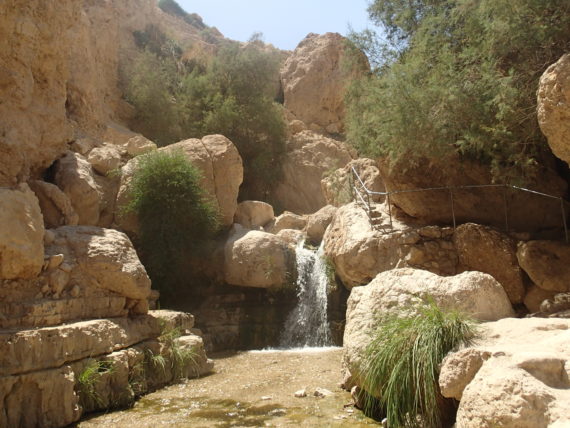In the Psalms and their historical backgrounds we see many pictures of people trusting God. David, for example, who wrote approximately half of the 150 Psalms, trusted God throughout his life. David trusted God when he faced natural dangers from lions and bears while guarding his flock; when he faced opposition from people: Goliath, Saul and his own family; when the prophet Nathan convicted him of his own selfish egregious sins of adultery with Bathsheba and his failed cover-up by killing her husband Uriah (Psalm 51); when he was betrayed by someone close (Psalm 55:12–15); when he experienced moments of victory and joy as when he brought the Ark into Jerusalem; and when he was dying and going the way of his fathers. God’s trustworthiness inspired David to write 70% of the Psalms of trust and confidence. God proved His trustworthiness to David all the way through his life. He will prove Himself worthy of our confidence too as we trust Him and prove ourselves faithful to Him.
God has given us many reasons to trust Him. He has proven Himself worthy of our trust through His creation of the heavens and the earth, His provision for our physical and spiritual needs, His sovereignty in our lives and His world, His covenants and promises, His Word and His faithfulness to fulfilling it, and His works on our behalf, the ultimate being Jesus’ death, burial and resurrection for our forgiveness and justification.
The beautiful Hebrew word for trust, batach, appears in the book of Psalms 48 times. To trust in God is to feel safe in His presence, to be confident in Him, to rely on Him to take care of us. Truly trusting God for the outcomes of challenges we face lightens the weight of these burdens and enables us to go on. Trusting God in everything brings us peace, shalom in Hebrew, irene in Greek, a sense of security, wholeness and wellness. Batach is in the word family (a cognate) of security, appearing as an adverb in Psalm 16:9,
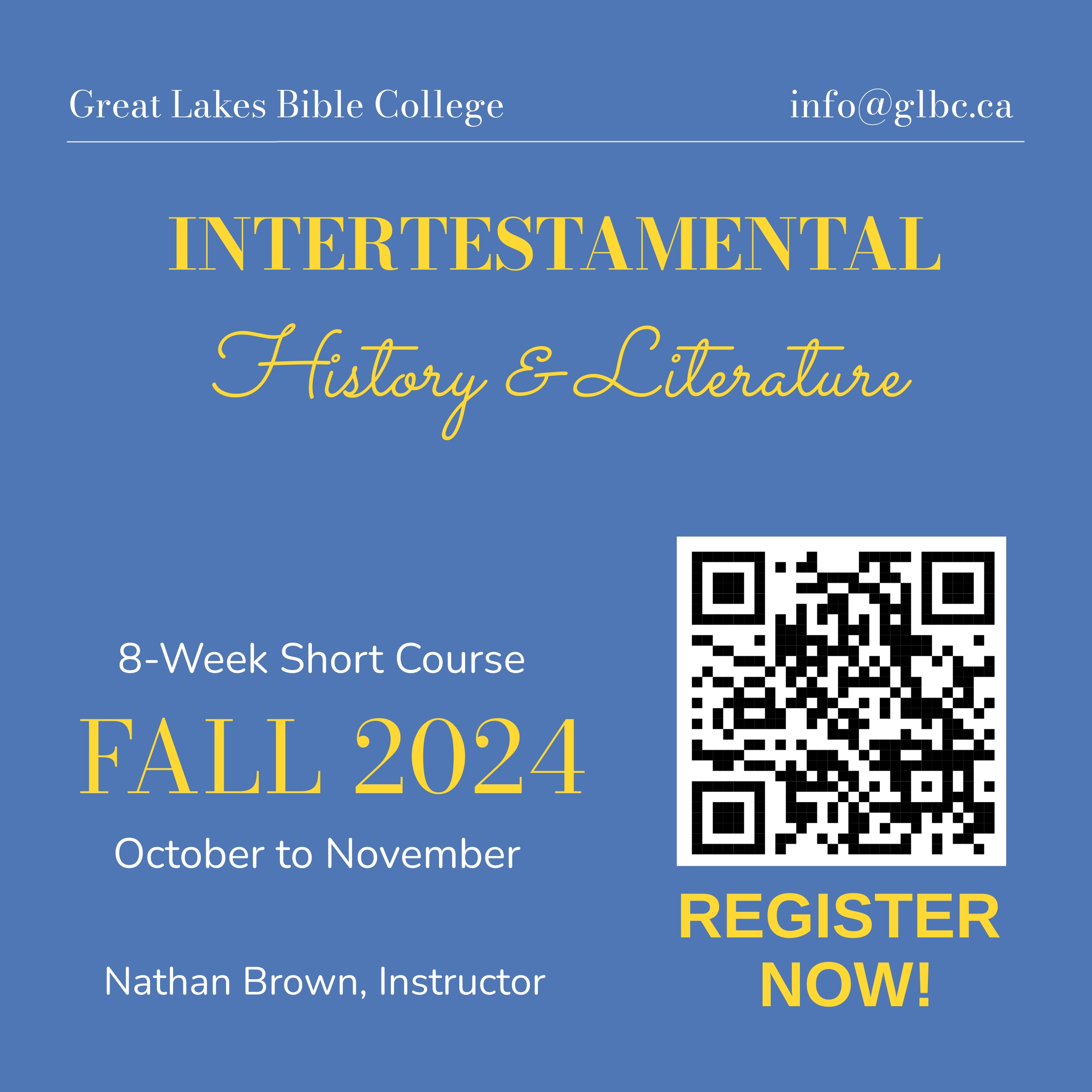
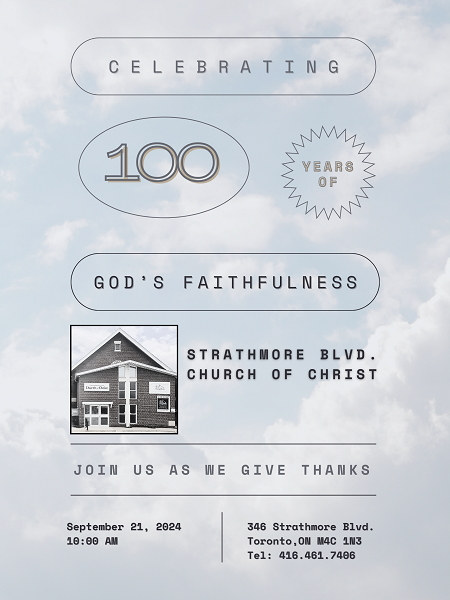

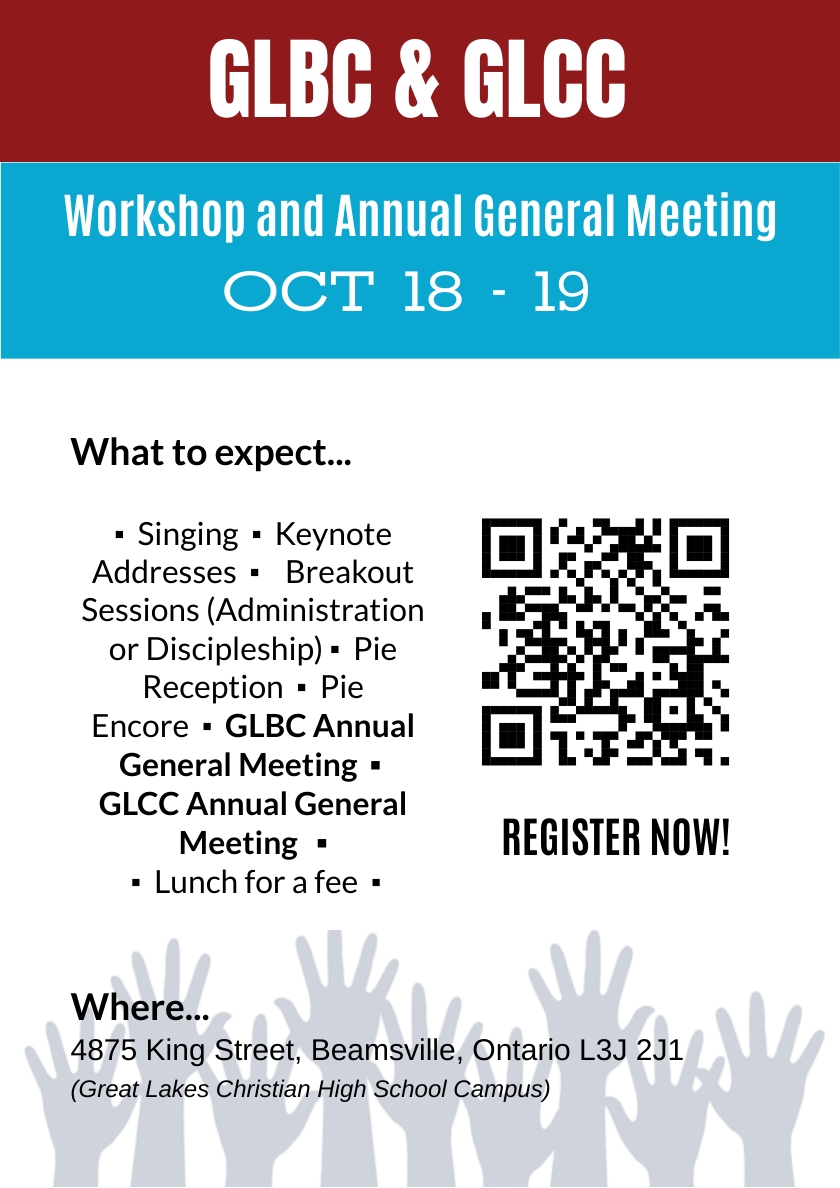

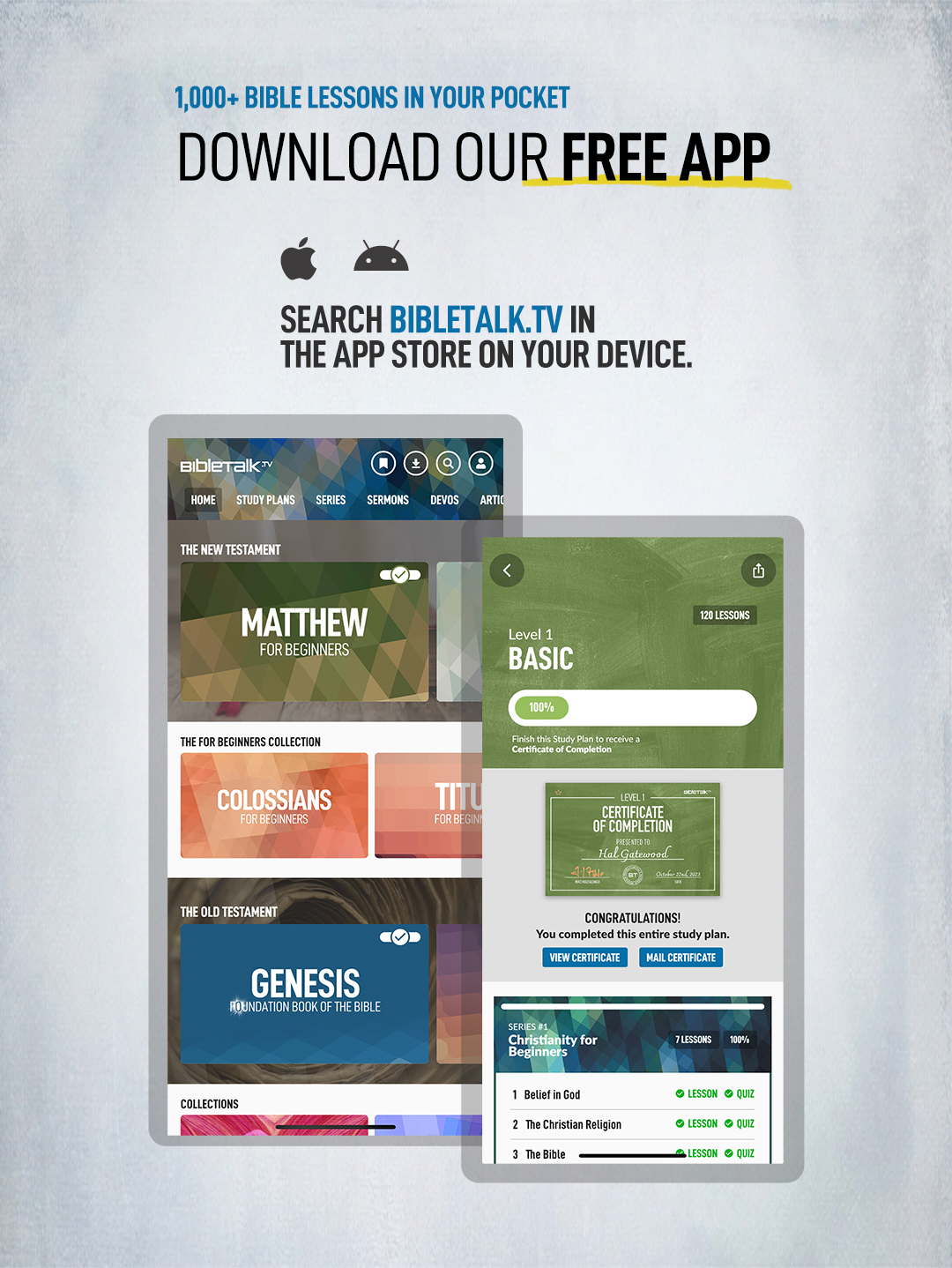
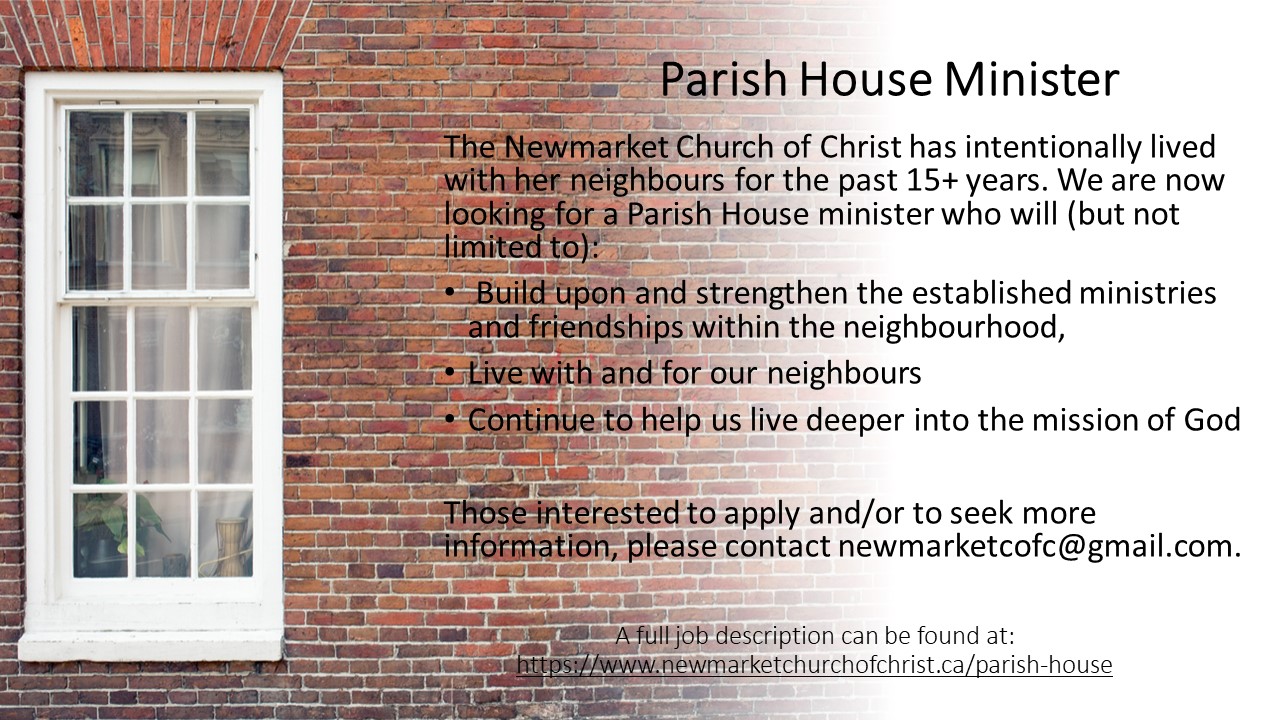
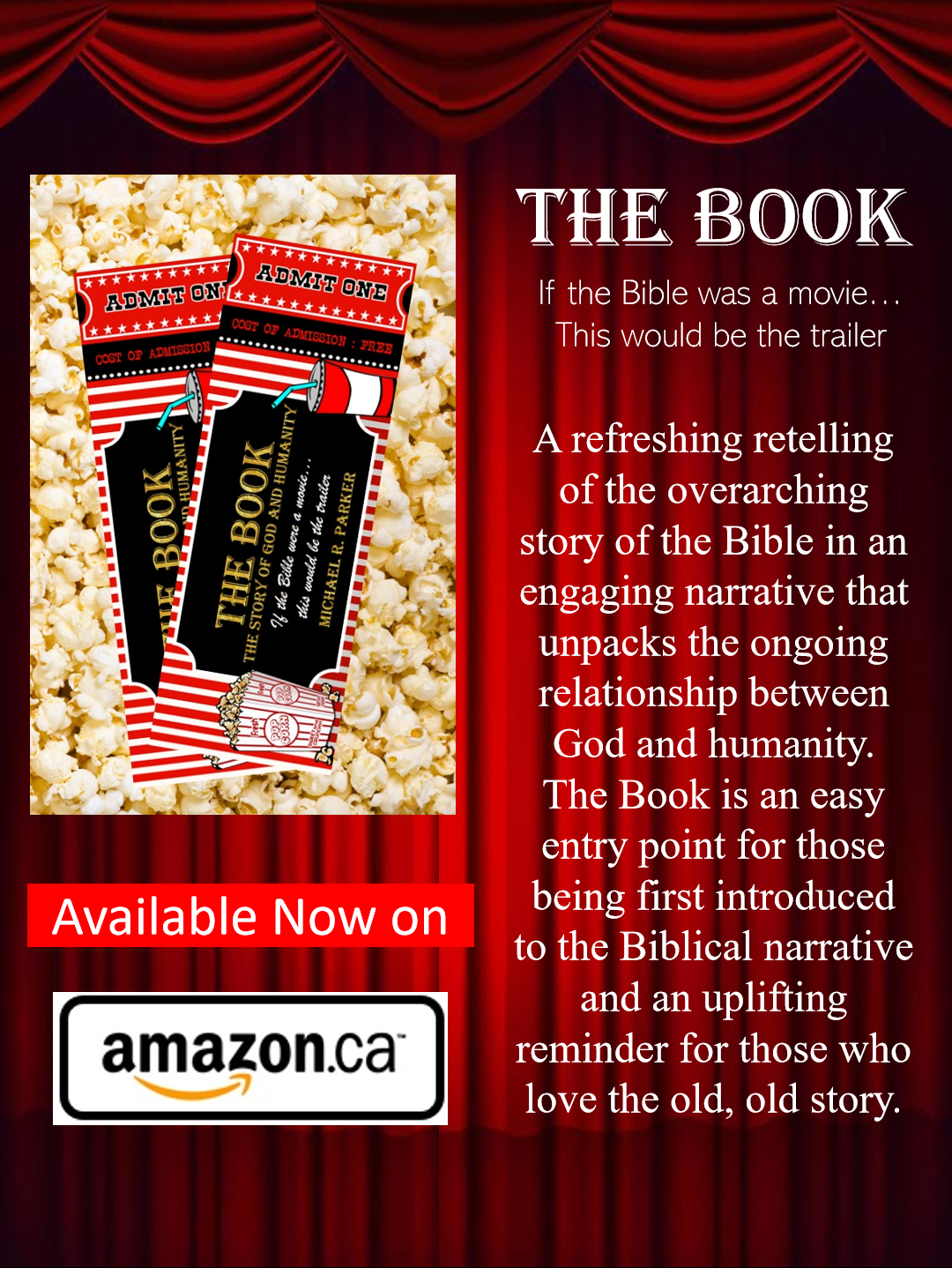




Therefore my heart is glad and my glory rejoices;
My flesh also will dwell securely.
God Himself is the foundation of our trust and peace. Our confidence comes though knowing Him, His character and His infinite ability to understand us and to bring about what is best for us according to His will. Among God’s many attributes justifying our trust in Him is His lovingkindness (hesed) which embodies His unshakable loyalty to those in covenant relationship with Him.
The Greek Old Testament, the Septuagint (LXX), sometimes translates batach as hope (elpis) in the positive sense of relying on God. This quality of trust is beyond a wish, it is confident expectation. This confidence comes from knowing God and His character, committing our way to Him, walking with Him and experiencing His faithfulness and protection over time (batach is the key word beginning Proverbs 3:5–6, “Trust in the LORD with all your heart…).
Very closely related to trust, batach, in Psalms is another lovely Hebrew word, chasah, “take refuge.” David proclaimed in Psalm 7:1 “O Lord my God, in You I have taken refuge.” God encourages us to take refuge and find protection through putting our trust, confidence and hope in Him. As a cave sheltered David from his adversaries, God Himself is our shelter from adversity. Near the end of his life, David used seven powerful metaphors to describe how solidly worthy God is of his trust in Psalm 18 (=2 Samuel 22):
“I love You, O LORD, my strength.”
2 The LORD is my rock and my fortress and my deliverer,
My God, my rock, in whom I take refuge;
My shield and the horn of my salvation, my stronghold.
3 I call upon the Lord, who is worthy to be praised,
And I am saved from my enemies.
Putting our trust in God and making Him our refuge relieve us of worry about putting our trust elsewhere as the strong Messianic Psalm 118:8 says,
It is better to take refuge in the LORD,
Than to trust in man.
We trust God and love people. We know God controls our ultimate destiny. Trusting Him is vastly superior to trusting anything or anyone else: riches, modern idols, military might, foreign allies, others, self.
Our trust in God is not dependent on circumstances. Trust in God does not guarantee we get the outcomes we think best or we avoid common temptations and calamities such as Psalm 23:4–5 affirms with “the valley of the shadow of death,” “evil” and “the presence of my enemies” (cf. 1 Corinthians 10:13). Trust knows “You are with me” (23:4). Our Shepherd works everything out for our ultimate good (Romans 8:28). Conversely, not believing and not trusting in God are not guarantees of poverty and strife. Many have worldly security without God but will miss the ultimate eternal security in His presence.
Trust has a close relationship with faith. Faith is essential to know and please God. Yet it is possible to believe in God without fully trusting Him. Conversely, one is unlikely to trust Him without believing in Him. Ultimately faith and trust work together. Trust is a demonstration of faith.
The Book of Psalms is very much like a Bible within the Bible. The 150 Psalms contain many of the major Biblical genres of writing in one book: Torah (teaching, instruction), Law, history, wisdom, prophecy, including much Messianic prophecy describing the core of the gospel of Jesus’ death, resurrection and His victorious return to glory (Psalm 22). Psalms and Isaiah are the books New Testament authors quote the most, often showing how God fulfils their prophecies.
While there are many different types and subjects of psalms, it is fair to say that trust is a major theme across all types. Laments, the largest single type for example, have strong elements of trust in their pleas to God for help and in their expressions of confidence He will act on our behalf.
Widely recognized Psalm types include community and individual lament (by far the largest type), penitential (repentance), imprecatory (appeals to God for justice upon enemies), community and individual thanksgivings, hymns, covenant songs, salvation history, royal, enthronement, Songs of Zion, temple worship, Egyptian and Great Hallel (Praise), Torah and wisdom. psalms. Psalms commonly recognized as psalms of trust and confidence are *11, 16, *23, 27, 62, 63, 91, *121, *125 and *131. *We are grateful to our authors for contributing insightful articles on five of these. Perhaps the most frequently heard and recited psalm of all is a psalm of trust: Psalm 23. Interestingly, not all Psalms of Trust contain the word batach. The truth, principle and reality of something can be present where the word is absent as in the book of Esther which teaches us much about God and His providence without naming either.
Psalms give voice to our trust in God. Meditating upon, memorizing, praying and singing Psalms are great ways to build trust in God as His Word increasingly dwells in us and fills our minds and hearts. Psalms by definition are poems set to music meant to be sung. Trusting God helps us purify our thoughts and motives. It helps us sort out what is eternally important. On a personal note, while living through a coronavirus infection earlier this year, I learned the value of trusting God one breath, one heartbeat, one minute, one hour and one day at a time. Psalm 46:10–11 took on whole new depths of meaning. One’s sense of gratitude to God expands immensely through trusting Him through life’s most challenging times.
A wise missionary to exotic and challenging foreign fields observed that no matter how many situations God has seen us through we always find new needs for which to trust Him – and – we find more reasons to confidently expect His lovingkindness to support us through it all. Returning to David’s example, we learn that God wants us to seek and trust Him in everything and that trust in our Lord, like faith, grows deeper the farther we walk with Him:
He who dwells in the shelter of the Most High
Will abide in the shadow of the Almighty.
I will say to the Lord, “My refuge and my fortress,
My God, in whom I trust!” (Psalm 91:1–2)
Winnipeg, Manitoba

